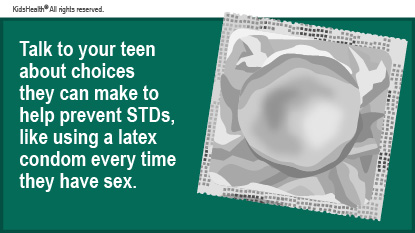Genital herpes is an infection caused by a virus. It spreads through sex or close sexual contact.
Genital herpes can cause sores in the genital and/or anal area. These sores go away but can come back.
While there's no cure for herpes, it is a manageable condition. Treatment with antiviral medicine can help the sores get better faster, prevent them from coming back, and make them less severe if they do come back. Antivirals can also lower the risk of spreading genital herpes to others during sex.

Treatment
Other Instructions




How does the herpes virus spread? People can get infected with herpes when the virus has contact with a break in the skin in or around the mouth or genital area. This can happen during sex (vaginal, oral, and anal) or very close sexual contact.
Genital herpes can spread even if there are no sores. That's because the virus can still be active on the skin near the genitals and anus.
Condoms can't always prevent the virus from spreading because they don't cover all areas where the virus can live. But it's still very important to always use condoms when having sex to prevent other STDs.
Is genital herpes caused by the same virus that causes cold sores? Genital herpes is usually caused by a herpes virus called HSV-2. Cold sores are usually caused by HSV-1. But sometimes HSV-1 can spread to the genitals through oral sex and cause genital herpes.
What can make the sores come back? Another episode of sores can be brought on by stress, illness, being overly tired, or being in sunlight. Females may be more likely to get sores when they have their periods. Sometimes the sores come back without a clear reason.